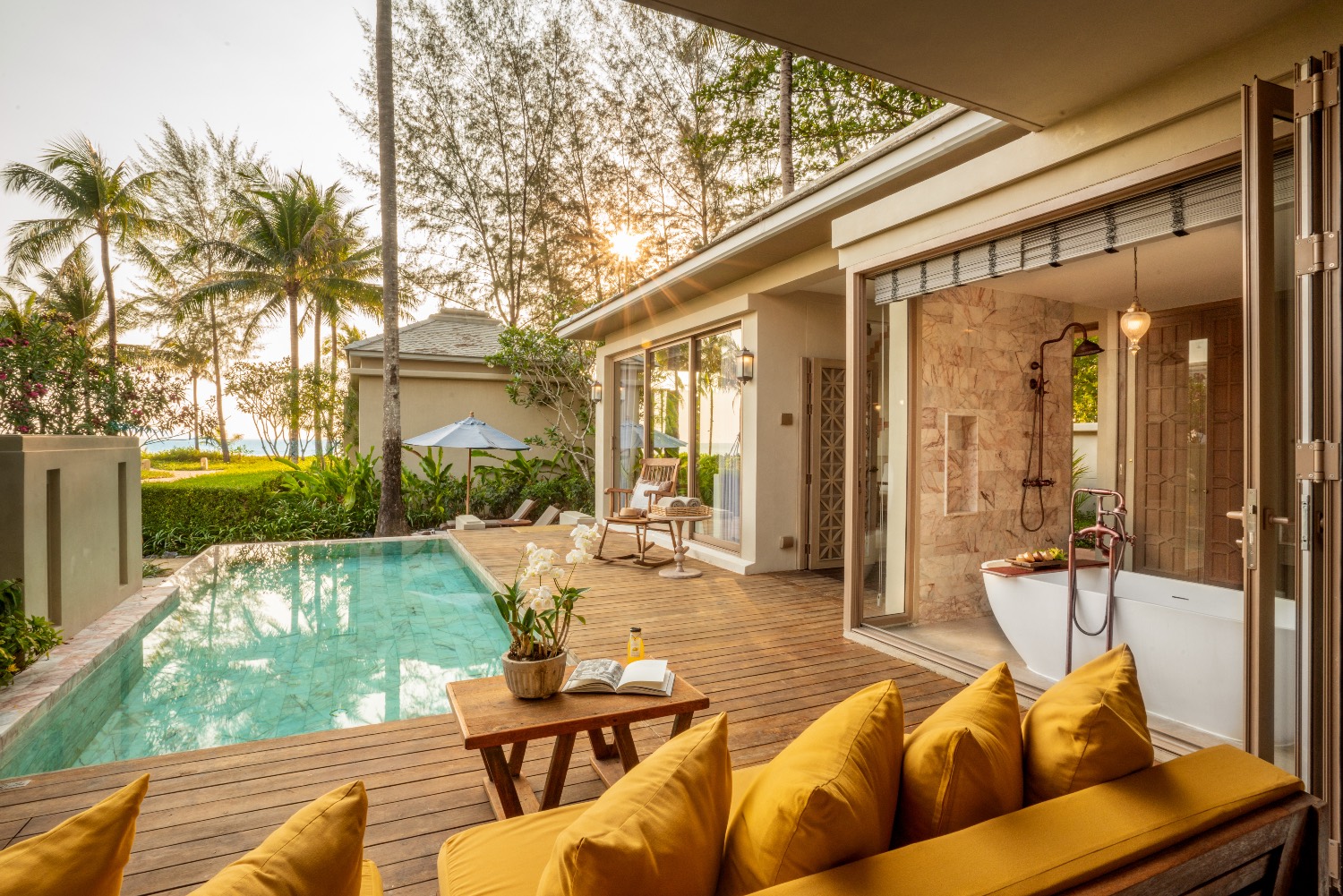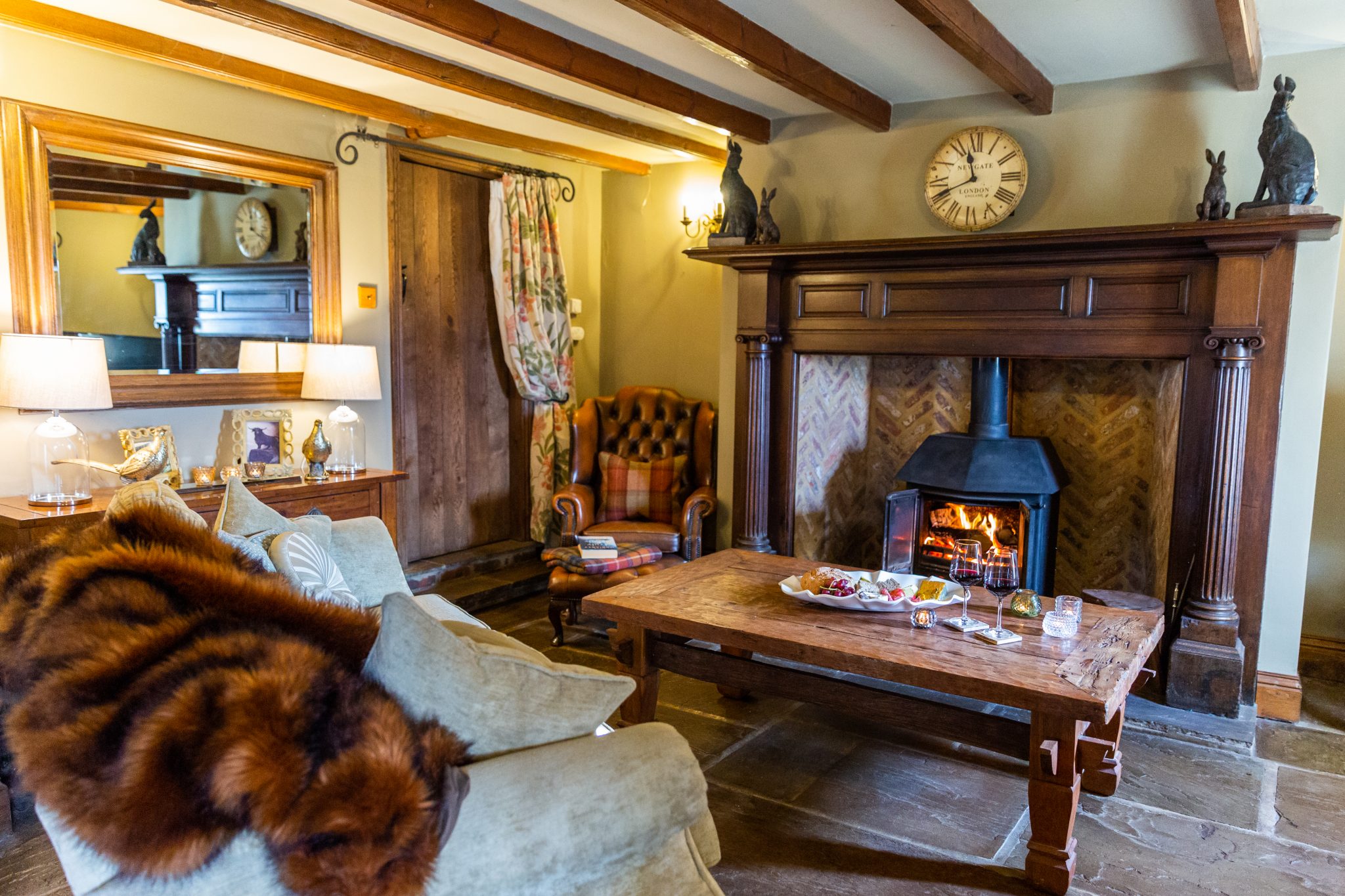We share lots of interesting articles, opinions and insights from many leaders and professionals in the travel industry. Today, Chrystal Webster, one of The Luxury Editor founders, shares her own thoughts on the million-dollar question……..“What does the future of luxury travel look like?”
Introduction
This is a question that is poignant not only to stakeholders within the travel industry but also to those with an unquenchable thirst to explore and a yearning to enjoy the vast experiences that faraway lands bring.
And in these unprecedented times of worldwide limitations, this is a question that does not has a definitive answer, so please do not expect to find one here! I have read many articles, participated in multiple travel related webinars and still my thoughts are speculative on the what, when and how travel (and all the delights that go with it) will resume or transform into a ‘new norm’. However, I’ve outlined a few suggestions below as to how it could pan out……
When: I’m moving away from government policy to address this and focussing on the sentiment of the traveller. From discussions, I’ve encountered there is a real mix of feeling here. Some people are itching to once again explore the world whilst others say they will not consider travelling for a long time after the restriction has been lifted.
Google trends data shows that there is a rise in people searching for ‘holidays 2021’ which is reported a higher index than the same period in 2019 (with people searching for ‘holidays 2020’) which instils hope that consumers are still eager to travel.
What: Conversation within the industry suggests that the more self-contained type holiday will be more popular. Luxury private villas and resorts that present guests with space and privacy will become even more desirable than they have been in previous years. This type of holiday, especially private villa and private islands, also lend themselves perfectly to multi-generational holidays, and with families being separated for such a long period of time this presents the perfect way to all enjoy a luxury break together away from the crowds.

Image: The Devasom Beach Resort & Villas Khao Lak, Thailand.
Self-drive holidays, are also predicted to increase in popularity due to their self-sufficient qualities. Although not always viewed as an obvious ‘luxury’ holiday, the freedom, space and opportunity to explore the simple pleasures such as beautiful scenery at a leisurely pace resonates greatly with factors travellers are placing greater value on.
Who: HNWI who enjoy the luxury of private travel may be one of the first demographics to return to travel, it could also be the case that hotels and resorts will increase prices due to reduced occupancy rates and therefore those with a higher disposable income are better positioned to absorb this cost.
Solo travellers often have greater flexibility to travel and are said to have a ‘robust’ mind-set and so could be another demographic to return to travel soonest.
Where: I predict that staycations with travellers booking their own private use properties where they can enjoy a variety of activities that don’t involve much interaction with other people will be on the rise. In the UK, the Scottish Highlands, Scottish Islands, Yorkshire, Lake District, Hampshire, and remote coastal towns may see a rise in tourism. During lockdown, the world has shown huge effort in supporting small local businesses and I think that this will continue to be prevalent after lockdown.

Image: Beautiful Escapes Chequers Cottage Yorkshire, UK.
Luxury accommodation providers that develop partnerships with local businesses that are reflective of their guests interests and desires and can be part of the staycation experience will do well. For example, premium deli with local produce, wine suppliers offering delivery, soft-adventure outdoor activities and unique experiences should all be considered as value-adds.
When travellers have the confidence to fly again, long-haul destinations are likely to be a top choice. With much of the UK population ‘banking up’ holiday time facilitates the opportunity to take a ‘big’ holiday – which often means travellers are prepared to fly for longer to reach their destination. Destinations such as South Africa for a safari, Australia’s Northern Territory or New Zealand for remote outdoor adventure and perhaps luxury South Pacific Island Retreats.

Image: Longitude 131 Uluru, Northern Territory, Australia.
How: Simplicity, communication and trust will be key in facilitating how the population travels once more. Consumers are most likely to book and travel with companies that they have already built a trusting relationship with and travel to places that they perhaps have their own local knowledge of – with many travellers falling back on the safety net of familiarity.
Communicating with potential visitors and guests and offering thorough (even insider) knowledge from tourist boards as to what is happening in the local area and clear, reassuring policies from hotels, accommodation providers and travel agents, in terms of hygiene, cleanliness, occupancy information, check-in procedures (the fewer touch-points the better) will all be paramount to influencing how travel can safely resume.
Simplicity in the booking process, payment and refund policy will also be an important consideration to how travel is booked. Lessons have been learned that trying to receive refunds from multiple agents i.e. flights, accommodation and transfers can be complex and frustrating. Could this be the up rise of the trusted travel agent once more?
What Do You Think?
We’d love to hear what you think the future of travel will look like. Please email us with your thoughts to chrystal@theluxuryeditor.com




